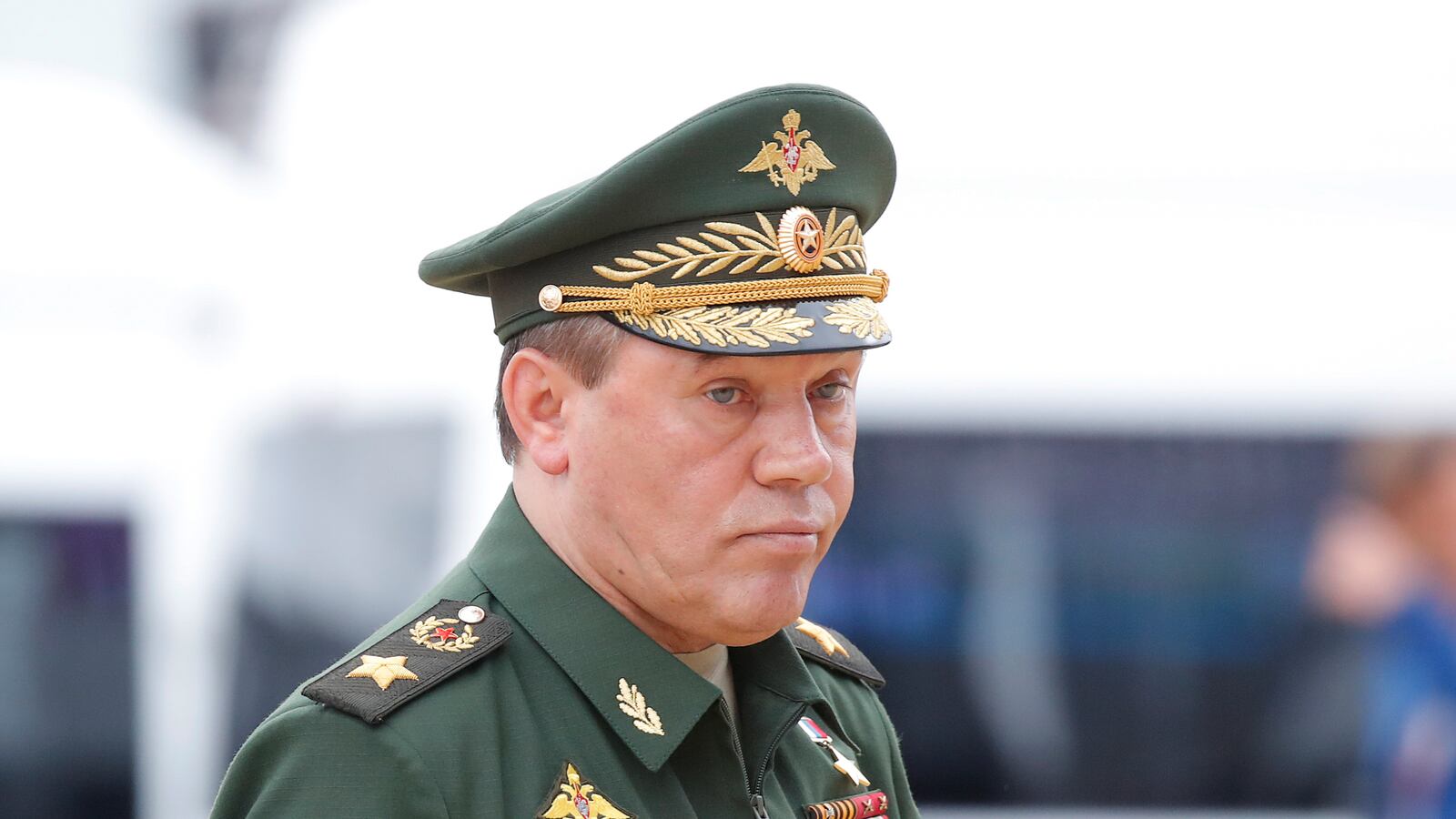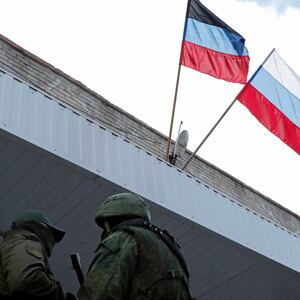Russian military commanders have likely resorted to punishing their troops by imprisoning them in underground pits covered with metal bars, according to a British intelligence memo published Sunday.
“In recent months, Russian commanders have likely started punishing breaches in discipline by detaining the offending troops in ‘Zindans’ which are improvised cells consisting of holes in the ground covered with a metal grille,” the report says.
The makeshift prisons have been used to punish Russian soldiers for alleged “violations” as minor as drinking or attempting to cancel their contracts with the military, according to the intelligence report, which cites “multiple recent reports from Russian personnel” who provided accounts of the incidents.
The report notes, “draconian” shift among Russian commanders since the early days of Russian President Vladimir Putin’s invasion of the Ukraine, when “many Russian commanders took a relatively light touch in enforcing discipline, allowing those who refused to soldier to quietly return home.”
According to the British intelligence department, that all began to change in the fall of 2022, when the higher-ups of the Kremlin’s military began enforcing stricter punishment for perceived transgressions among Russian forces fighting the war in Ukraine. The drastic pivot, the agency notes, took an even harsher turn “since Chief of the General Staff Valery Gerasimov assumed command of the operation.”
Gerasimov, Russia’s most senior army general, took charge of Russia’s invasion of Ukraine in January. The 67-year-old’s appointment came after a slew of top generals were fired over failures on the battlefield, prompting widespread criticism from pro-war Russian bloggers.
“The increase in the level of leadership of the special military operation is connected with the expansion in the scale of tasks,” the ministry said in a statement about the appointment, adding that there was “a need to organize closer contact between different branches of the armed forces and improve the quality ... and effectiveness of the management of Russian forces.”






